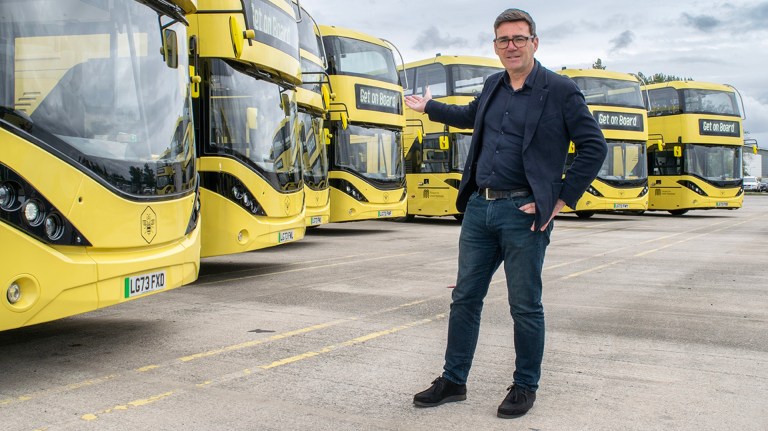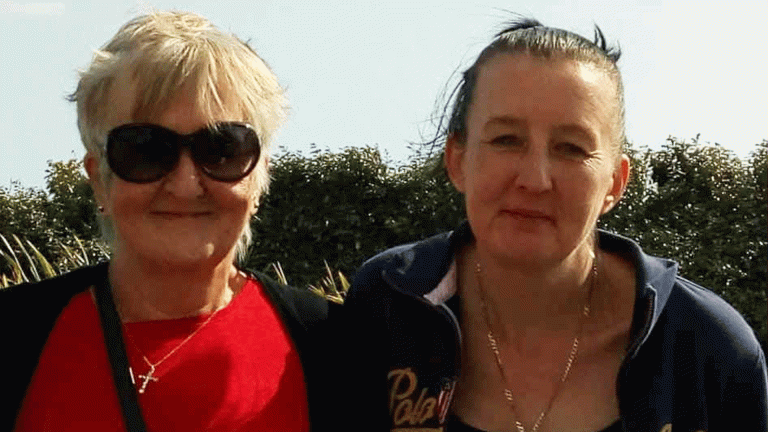It feels, at least in popular culture, that we’ve had decades of false starts for virtual reality. Promised to be the future of entertainment for the masses as far back as the 1950s, it wasn’t until 1991 that Sega released the first consumer virtual reality (VR) gaming headset with the Sega VR1. But it’s only now, nearly 30 years later, that VR is really living up to its promise of transporting users away from their living rooms and into new worlds. Devices like the HTC
Vive and Oculus Rift have upended the video game industry, allowing gamers to shoot, feel and see places just not possible in real life.
Because of this, care of the elderly may not be the first thing you think of when imagining virtual reality, but that’s exactly the mission of Scottish social enterprise and Big Issue Invest investee Viarama, which instead of using virtual reality to placate the next generation of Ready Player Ones, is using the immersive power of the technology to improve the lives of senior citizens who are receiving end-of-life care.
Viarama was founded in 2015, and it touts itself as Scotland’s first virtual reality company. The social enterprise works with all age ranges across education and healthcare to improve quality of life, and even trains 18 to 24-year-olds in using the technology so they can go on to help others. But it’s Viarama’s work in hospices and palliative care that really shines through in giving real benefits to society.
“Most people can understand how children love to interact with technology. However, something that’s less understood is its impact on senior citizens and how they respond to it,” Billy Agnew, chief executive of Viarama, told The Big Issue.
I was absolutely staggered by how much they enjoyed the experience, and how powerful it was for them
“Viarama first became involved with the elderly a few years ago because we are working on a VR tool to help people with Alzheimer’s disease and dementia, so we started using it with a variety of senior citizen groups.
“I was absolutely staggered by how much they enjoyed the experience, and how powerful it was for them. The response was incredibly emotional, which was something that I was mostly unprepared for.”









